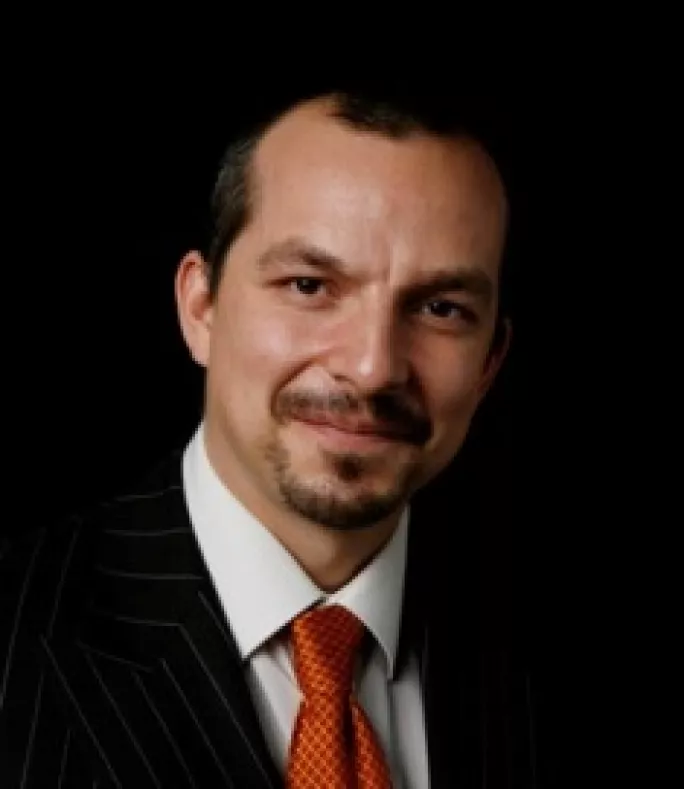‘Why do we need a College of Teaching? Policies from people who have taught fewer lessons than I have this morning’
Gareth Davies, lead teacher for gifted and talented students and an English teacher at Sawtry Community College, writes:
I’ve been teaching English for nearly twenty years, I’ve led two English departments and I’ve seen every development, diktat and dead-end in education from the passing of the Banda duplicator to the arrival of the interactive whiteboard. Although everything has changed about the classroom, nothing has changed in it.
I still love kids, I still love books and I love my job in its essence: all you have to do is be fair and be interesting. The rest is just technique. However, increasingly I find myself having to add a third imperative to that list - be brave.
As a profession, we are regularly intimidated by policies imposed by people who have taught fewer lessons in their lives than I have this morning. Many of these policies encourage, intentionally or otherwise, the kind of behaviours in teachers and in schools that make it impossible to be fair and interesting - unless you are very brave indeed. And you know that there is something fundamentally awry with your professional environment if you have to be a maverick just to do your job properly.
Fortunately for me, though, I went to a residential conference in Norwich 12 years ago that told me that for every spreadsheet, tick list and accountability measure standing over me there was a real learner with real potential standing in front of me. That no student would thank me five years down the line for helping him get his FFT target, but one would thank me for exploring the philosophical context of Frankenstein at GCSE, even though it was irrelevant to exam success, because it set him on the path to his PhD.
That conference was organised by the Prince’s Teaching Institute (PTI), and I’ve been involved with the organisation ever since. It’s run by teachers for teachers. It empowers me to go the extra mile for all my students (and that makes my practice fair); it both celebrates and challenges my subject knowledge (and that makes my lessons interesting) and because I’m not a maverick when I have this magnificent gang of colleagues and academics behind me, it makes it a lot easier to be brave.
The PTI invited me to chair a committee of ten teachers from across the spectrum - early years, primary, SEN, vocational, independent - to design a blueprint for a new member-driven College of Teaching. We agreed that what education needs - what the students need - is a universally respected body which would define high standards in teaching, recognise those who attained them, and encourage teachers to be brave. In other words, a body to do what the PTI has been for me.
The vision and how this College of Teaching would work is articulated in the blueprint that is published today, to which over 1,000 teachers and experts have contributed.
A College of Teaching must be voluntary, or it becomes another imposition. It must not be dictated to by any special interest group; its purpose is to take professional standards out of the realm of political ideology and out of conflict with working practice considerations.
So, it needs to base its standards and recommendations in evidence. And since evidence in education is often contentious, sparse or both, one of its urgent tasks is to bring practice that works to the attention of researchers, and the evidence of those researchers closer to teachers.
The definition of good teaching must be taken out of the happenstance of government preoccupations. Over the years, too many students have been let down by schools who have lost courage and integrity and tried to game government-mandated targets, compromising teaching standards in the process.
What that means is that the new College of Teaching can’t be publicly funded. We looked at lots of funding options, and the conclusion was that the College was best funded by those who would benefit from it - its members. Other professionals pay £300 or more in annual subscription to their professional bodies. We are proposing £6-10 a month, which is a small price to pay.
If this body takes off, with a membership of thousands of expert teachers and a focus on evidence of what works, policy-makers would need to take note of its voice.
Then we wouldn’t have to be quite so brave any more. And we would have a far better idea of exactly what it means to be fair and interesting.”
Keep reading for just £1 per month
You've reached your limit of free articles this month. Subscribe for £1 per month for three months and get:
- Unlimited access to all Tes magazine content
- Exclusive subscriber-only stories
- Award-winning email newsletters




